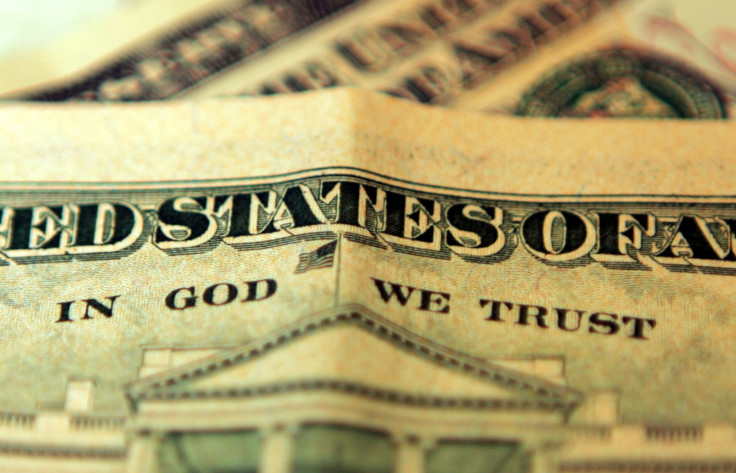Wanted Colorado Man Caught Attempting to Exchange Cocaine-covered Cash

A man was captured by police after he tried to exchange cocaine-coated money in a bank, but the teller became suspicious when his hands felt "tingly and numb hands"
A bank employee at the San Luis Valley Federal Bank in Monte Vista, Colroado, raised the alarm after handling the money of Joseph Michael Gutierrez. The cash was described as moist and having a strange odour.
Bank employees then contacted the authorities. 24-year-old Gutierrez was arrested and also booked on several outstanding misdemeanor failure-to-appear warrants.
Monte Vista Police Chief Jim Grayson told the Alamosa Valley Courier that officers responded to a possible hazardous material call at the bank.
They found Gutierrez trying to exchange several one-dollar bills for larger bills.
The San Luis Valley Hazardous Materials unit soon responded to the scene, where tests for hazardous materials were negative. However, a sample of the bills tested positive for the presence of cocaine.
It has been reported that up to 90% of bills in the United States carry traces of cocaine. Compared with currency from Brazil, Canada, China and Japan, US bills had the highest percentage of cocaine. Canada followed with 85% and Brazil with 80%. China and Japan had the lowest, with 20 and 12% respectively.
Adam Negrusz, an associate professor of forensic sciences at the University of Illinois at Chicago, told CNN that although the contaminated bills do not affect health, they could cause in a false positive drug test if a person, such as a law enforcement officer or banker, handles contaminated currency repeatedly.
"Imagine a bank teller who's working with cash-counting machine in the basement of the bank," Negrusz said. "Many of those bills, over 90 percent, are contaminated with cocaine. There is cocaine dust around the machines.
"These bank tellers breathe in cocaine. Cocaine gets into system, and you can test positive for cocaine. ... That's what's behind this whole thing that triggered testing money for drugs."
© Copyright IBTimes 2025. All rights reserved.





















